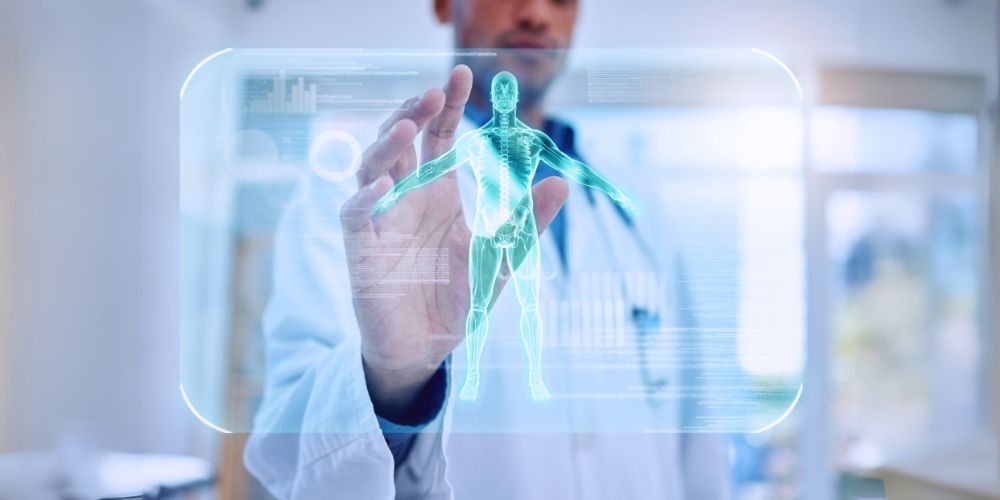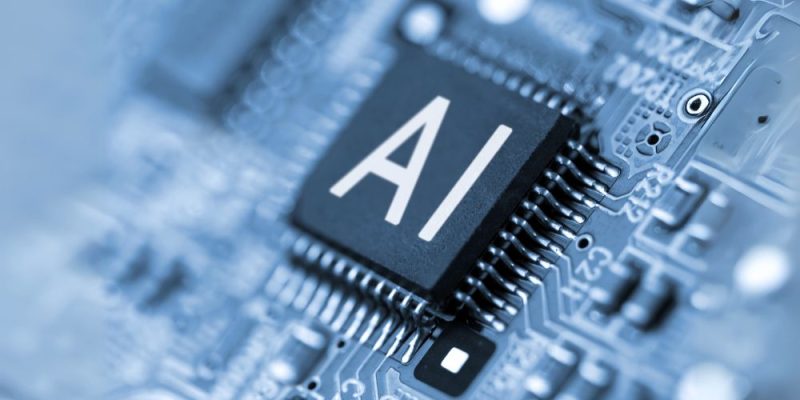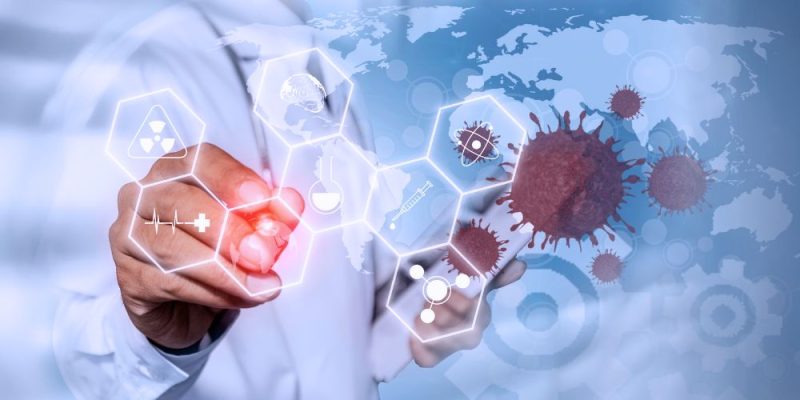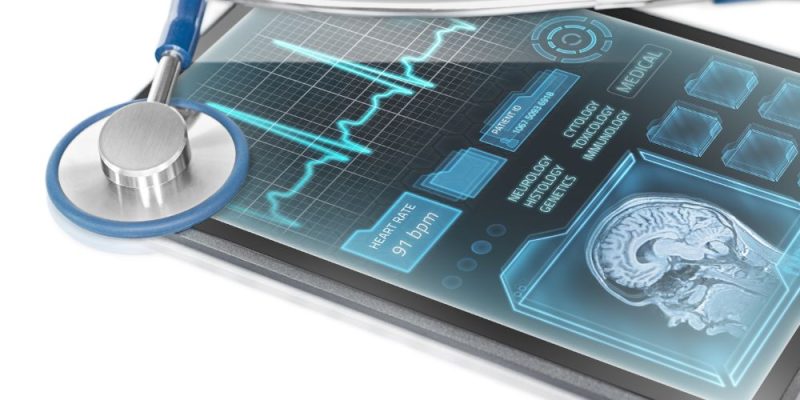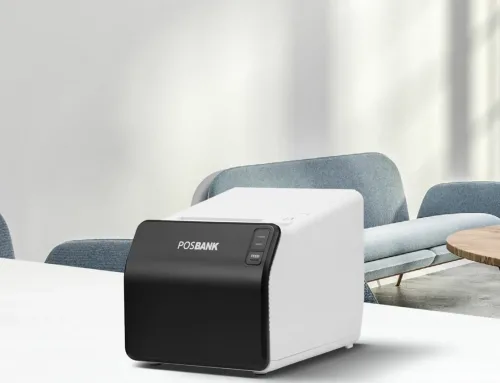While most of us are familiar with ordinary personal computers, AI-powered PCs stand out as a beacon of innovation. What are AI PCs? In general, AI PCs integrate artificial intelligence capabilities directly into their hardware or software systems, offering numerous advantages in processing speed, data handling, and decision-making accuracy. This breakthrough is particularly transformative in the healthcare sector, promising to revolutionize everything from diagnostics to patient management, forming part of the broader future of medicine.
Understanding AI-Powered PCs
At their core, AI-powered PCs are not only regular computers with AI software; they are built from the ground up to enhance AI-based applications and services. They often feature specialized processors and optimized hardware that excel at tasks such as deep learning, neural networks, and big data analytics—essential tools for modern medicine. These healthcare AI solutions are pivotal in advancing clinical practices and patient care, particularly through applications like telemedicine.
Key Benefits of AI PCs in Healthcare
1. Enhanced Diagnostic Accuracy with AI
AI PCs can analyze medical imaging data with greater accuracy than traditional methods. By employing complex algorithms capable of detecting patterns invisible to the human eye, these computers help in diagnosing diseases such as cancer, neurological disorders, and heart conditions more accurately and swiftly.
2. Efficiency in Handling Big Data
Healthcare generates vast amounts of data from clinical trials, patient records, and research. AI PCs can manage and analyze this data more efficiently, enabling healthcare providers to gain insights more quickly and make informed decisions faster.
3. Personalized Patient Care
Leveraging data from various sources, AI PCs can help tailor treatment plans to individual patients. This personalization not only increases the effectiveness of treatments but also improves patient outcomes and satisfaction.
4. Operational Efficiency
AI PCs streamline many administrative tasks in healthcare settings, such as scheduling, billing, and patient tracking. This automation reduces the workload on healthcare professionals, allowing them to focus more on patient care rather than administrative duties – a key area in optimizing hospital workflow.
Transformative Impact on Healthcare
The introduction of AI PCs into healthcare is already making significant strides. For instance, in diagnostics, AI-driven systems are used to provide quicker and more accurate readings of X-rays and MRIs, significantly reducing the time patients wait for a diagnosis. In patient management AI predictive analytics in healthcare offer tools that predict patient admission rates and suggest optimal resource allocation to enhance hospital operations.
While specific case studies highlighting the success of AI-powered PCs in healthcare are numerous, one of the most compelling aspects of their application is in predictive analytics. AI PCs can forecast outbreaks of diseases within communities by analyzing healthcare data in real time, allowing for more effective preventive measures.
Embracing the Future
The potential of AI-powered PCs in healthcare is immense and only beginning to be tapped. As this technology continues to evolve, it promises to bring more sophisticated tools into the realm of medicine, further enhancing the ability to diagnose, treat, and manage patient care effectively.
Ready to Upgrade?
If you’re fascinated by the possibilities AI-powered PCs hold for healthcare, it might be time to consider upgrading your technology infrastructure. At QubeApps, we specialize in providing innovative AI solutions tailored to the unique needs of the healthcare industry. Contact us today to learn how our AI-powered systems can transform your operations and help you deliver better patient care.
